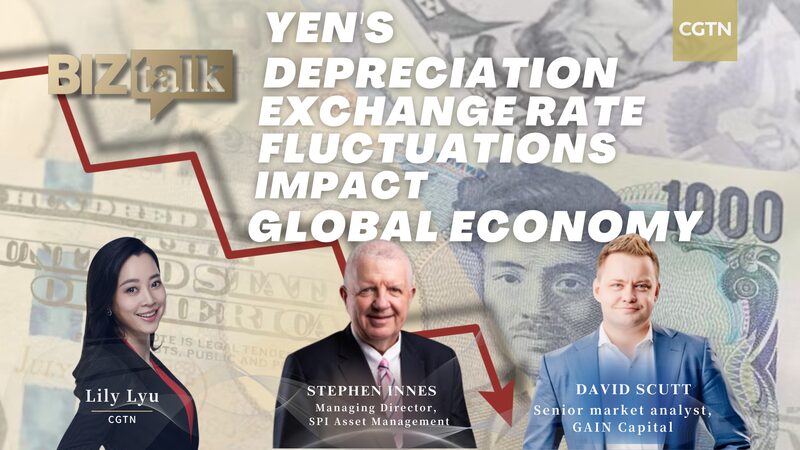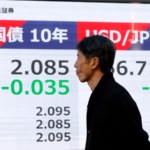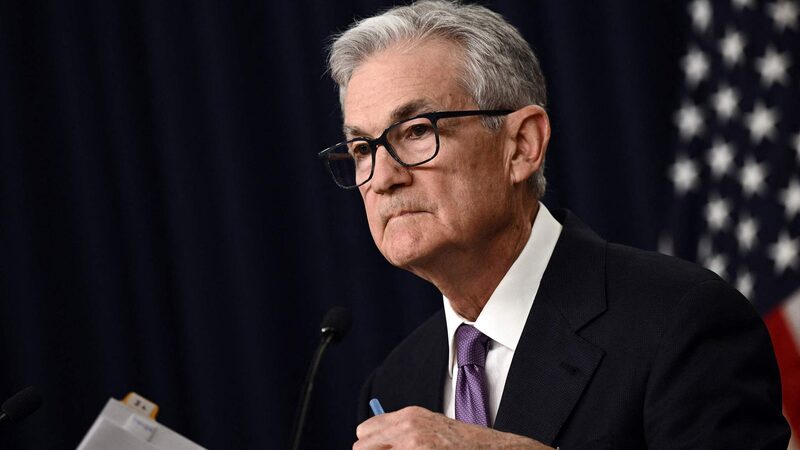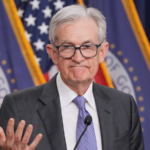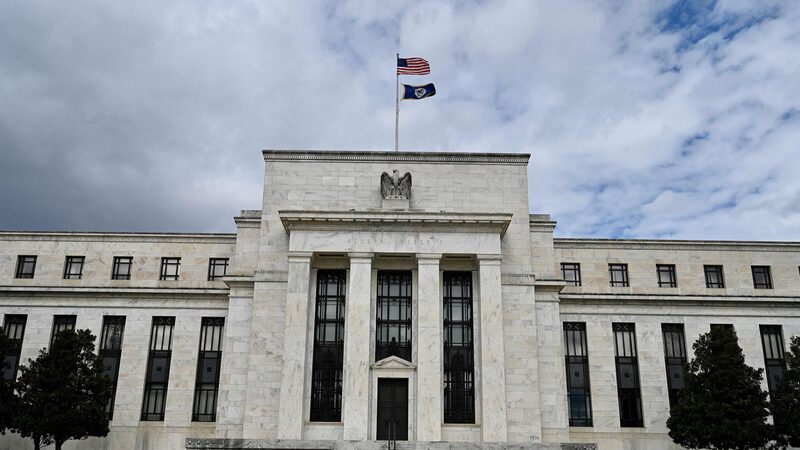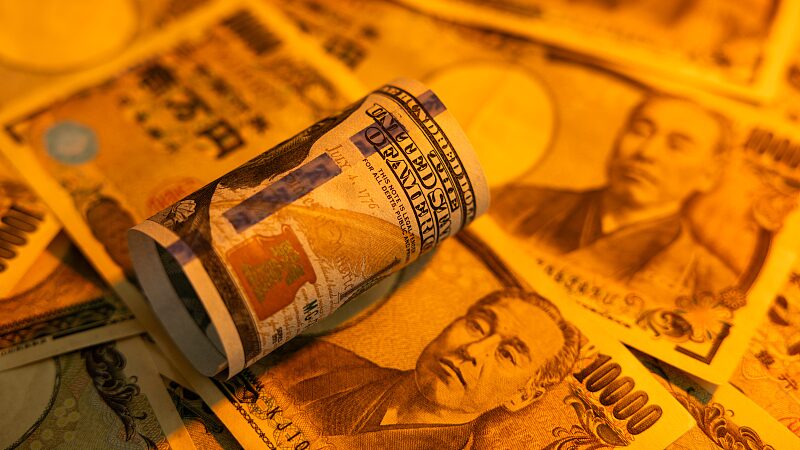The Japanese yen has been on a weakening trend against the U.S. dollar, capturing the attention of global investors and market analysts. With the exchange rate approaching the significant threshold of 160 yen per dollar, many are questioning whether this level will hold or if the yen will depreciate further.
According to David Scutt, a senior market analyst at GAIN Capital, the yen’s trajectory is closely tied to the U.S. Federal Reserve’s monetary policy. In an interview with BizTalk’s Lily Lyu during Biz Insights, Scutt emphasized the impact of interest rate differentials between the U.S. and Japan.
“The Federal Reserve’s stance on interest rates is a major driver of currency movements,” Scutt explained. “If the Fed continues to signal higher rates to combat inflation, it could strengthen the dollar further against the yen. Conversely, any indication of easing could provide relief for the yen.”
Japan’s own monetary policy also plays a crucial role. The Bank of Japan has maintained ultra-low interest rates to stimulate the economy, contributing to the yen’s depreciation. “The divergence between U.S. and Japanese monetary policies creates a favorable environment for dollar strength,” Scutt noted.
Analysts are divided on whether the 160 yen per dollar level will serve as a line of defense. Some believe that intervention by Japanese authorities could occur if the yen weakens significantly beyond this point. “Historical precedents suggest that the government may step in to stabilize the currency,” Scutt said. “However, the effectiveness of such interventions can be limited in the face of global market forces.”
Investors are advised to monitor upcoming economic data releases and central bank communications. “Key indicators to watch include inflation rates, employment figures, and any policy shifts from the Bank of Japan or the Federal Reserve,” Scutt recommended.
The exchange rate between the yen and the dollar not only affects forex markets but also has broader implications for global trade and investment. Businesses operating in Asia are particularly attentive to these fluctuations, as they can influence export competitiveness and investment strategies.
As the situation evolves, the interplay between Japanese and U.S. monetary policies will remain a focal point for market participants worldwide.
Reference(s):
cgtn.com

